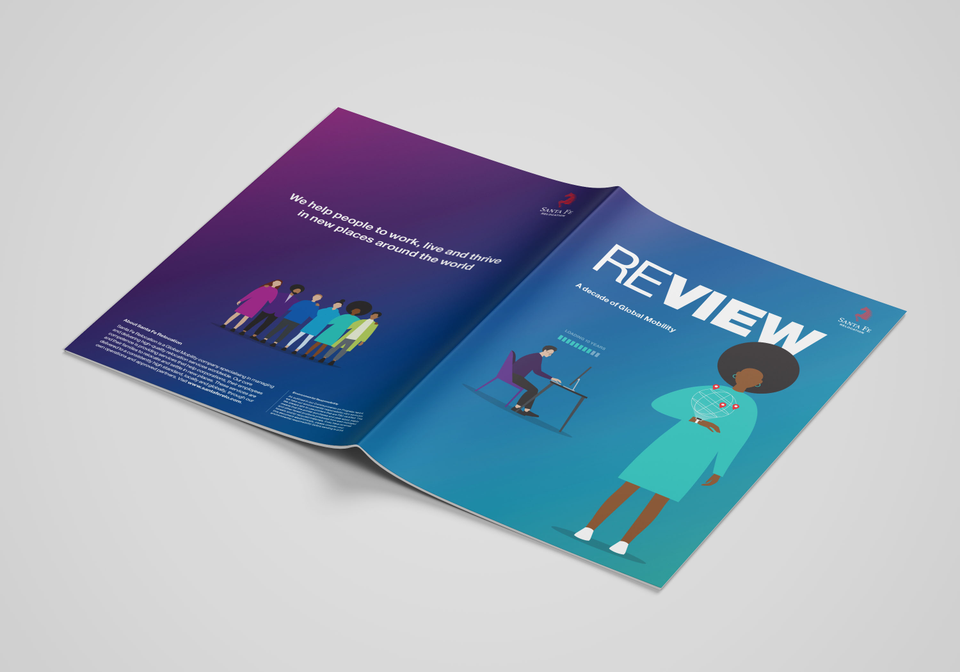10 years of global mobility insights
What is next on the horizon?
Organisations have undergone a reset due to the pandemic and leaders are more aware of the data and potential contribution of Global Mobility. The growing influence of digitalization is also likely to enable Global Mobility advisory teams to create more insightful contributions as they flourish to become an extension of business teams rather than a purely transactional support function.
Between 2016 to 2020 80 % of Global Mobility professionals consistently agreed or strongly agreed that employees who have undertaken international assignments achieve greater career progression than employees who have remained in their home organization or headquarters.
There has been considerable evolution in the talent agenda and how it has translated into Global Mobility policy strategy within the past decade. It is evident that internal company talent priorities, combined with external factors (future workforce/digital innovation) will force mobility functions to rapidly adjust to the new era of mobility.
We witness a transformation from managing a ring-fenced group of traditional mobile employees to enabling the rapid, regular mobilization of an entire global workforce.
Whilst Mobility strives to increase focus on strategic activities compliance continues to , present a challenge, both in terms of limiting the speedy deployment of talent overseas and the level of time and resources dedicated to managing it.
The definition of compliance has expanded far beyond the scope of a traditional mobility function a decade ago. Mobility professionals now need a robust understanding of tax and immigration compliance, delivering a higher corporate duty of care to mobile employees whlist keeping in line with a stricter level of corporate governance and expectations from investors. There are many factors at play here.
Compliance management remains a primary barrier to mobilizing talent and achieving strategic objectives. With a higher duty of care obligation, organisations have struggled to secure investment or buy-in from leadership to meet those standards adequately. Global Mobility professionals should continue to educate stakeholders surrounding the potential costs, reputational risks and wider ramifications of their organisations taking no action.
Keeping talent healthy, safe, and secure in the progressively diverse, challenging assignment locations will be imperative.
Projecting forward another ten years, we anticipate continued transformation for Global Mobility to be agile in adapting to changing priorities. At a macro-level, possibly doing more with less, especially as overhead costs and the fixed costs of permanent headcount erode. Overlapping this agenda is the evolving role that artificial intelligence (AI) will play in the future workplace.
These findings are part of the mobility survey presented by Santa Fe Relocation and highlighting key research findings from a decade of their annual multi-award winning Global Mobility Survey (GMS) reports. Between 2011-2020 a total of 10,226 Global Mobility professionals and 296 business leaders participated in our annual survey.
Contact information
For more information please contact William Haesendonck, Business Development Manager Benelux:
Office: +32 758 04 46
Mobile: +32 489 23 22 79
E-mail: William.Haesendonck@SantaFeRelo.com
Find out about all our services on their website.
